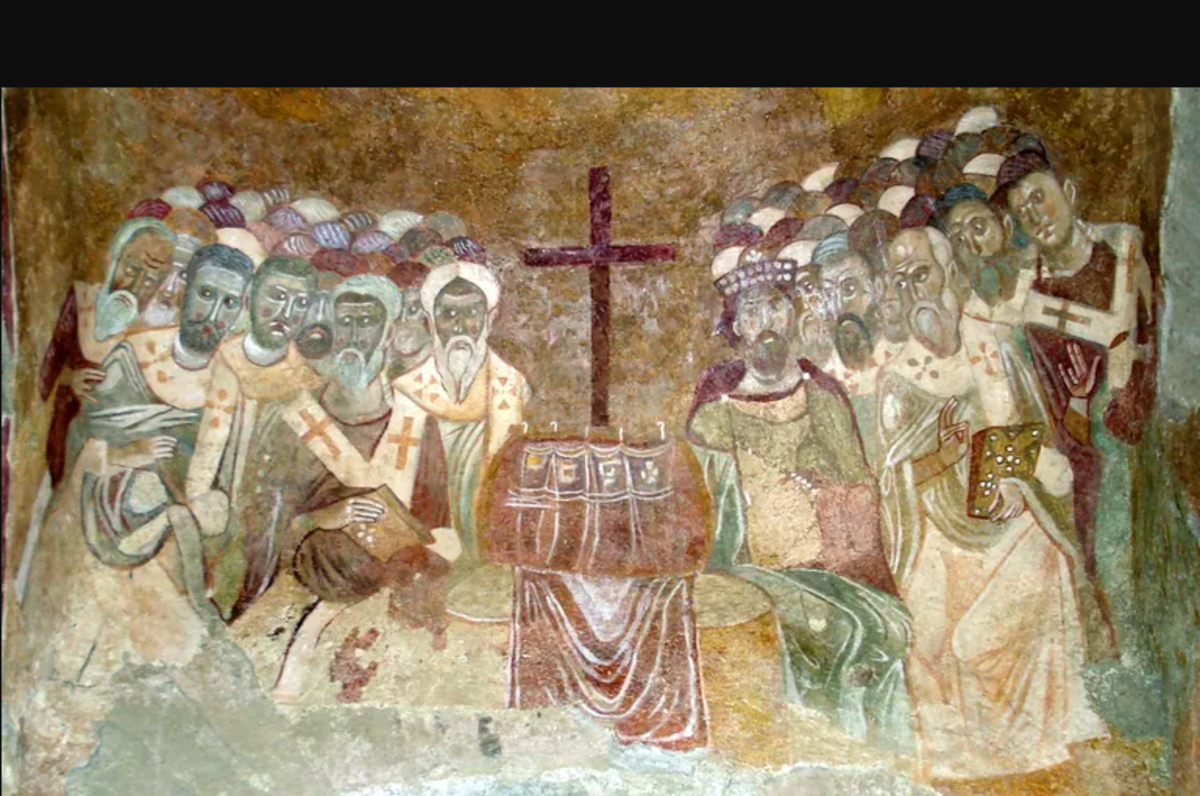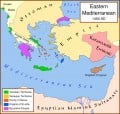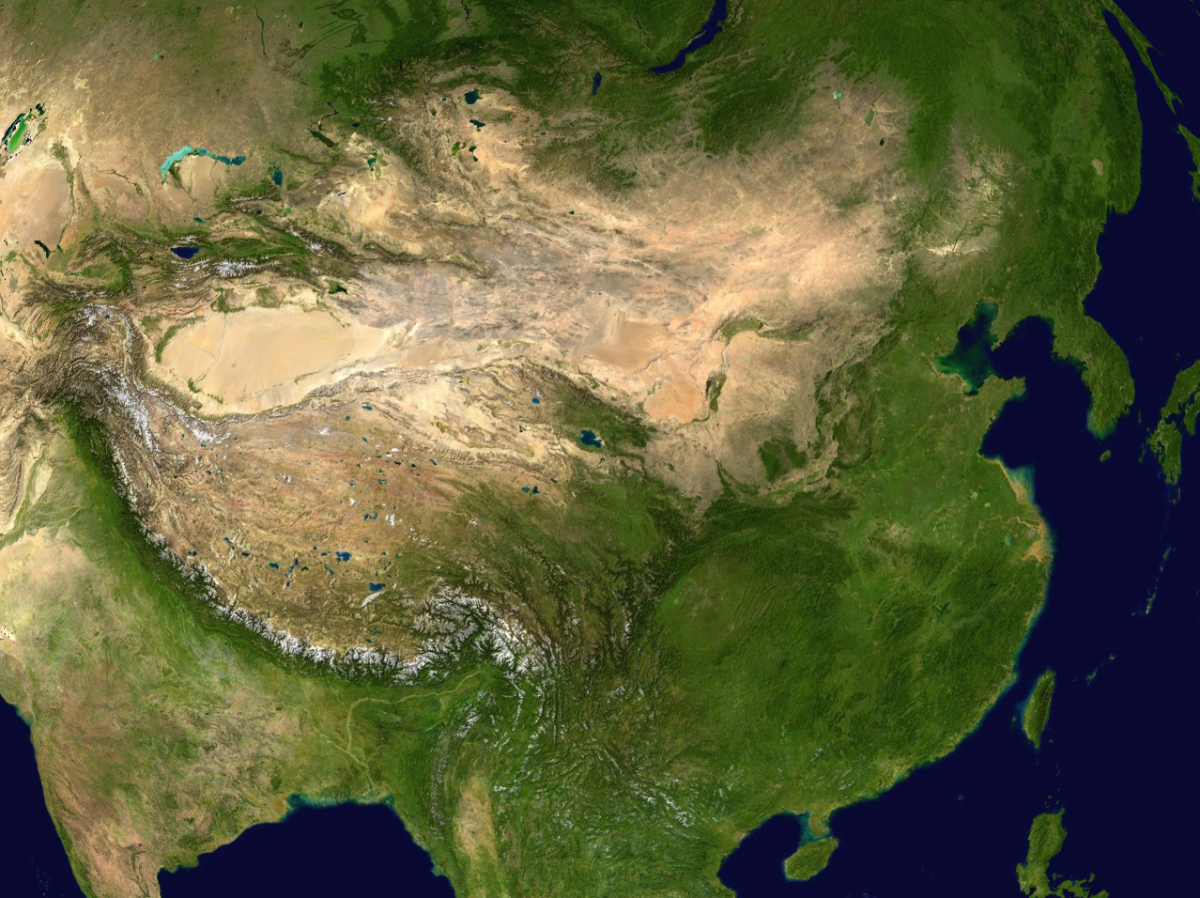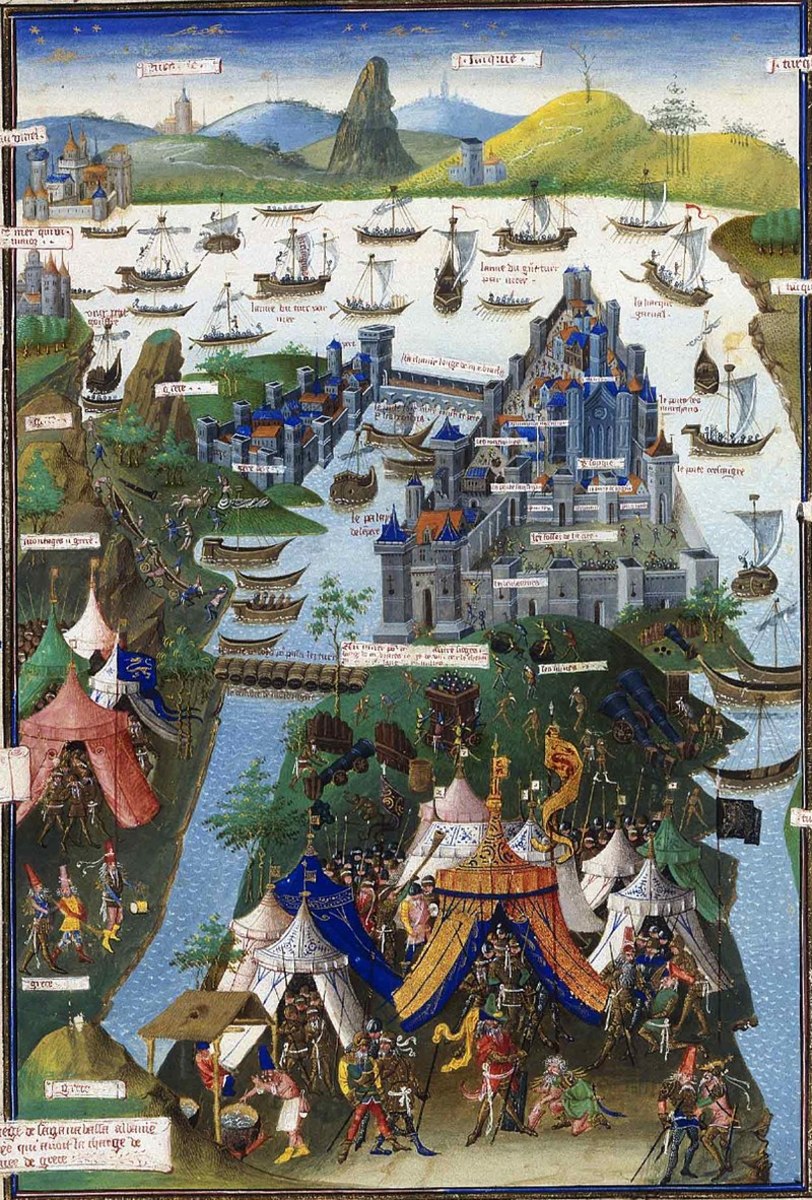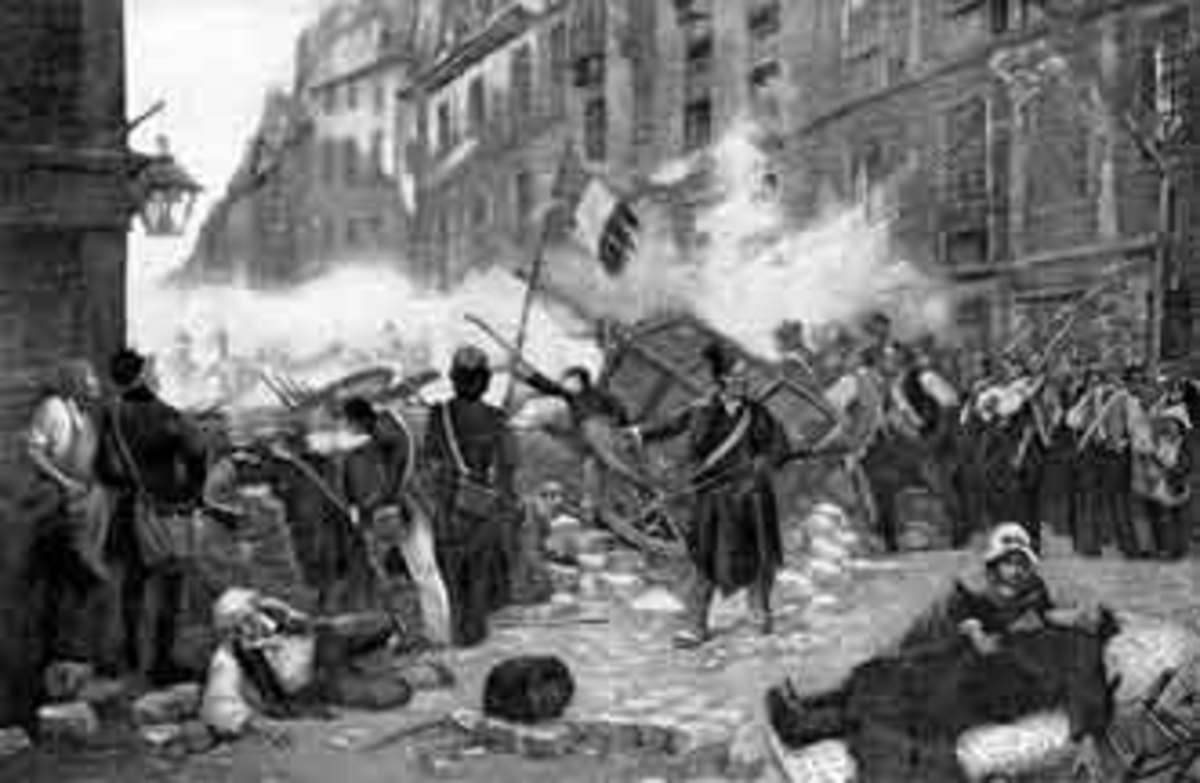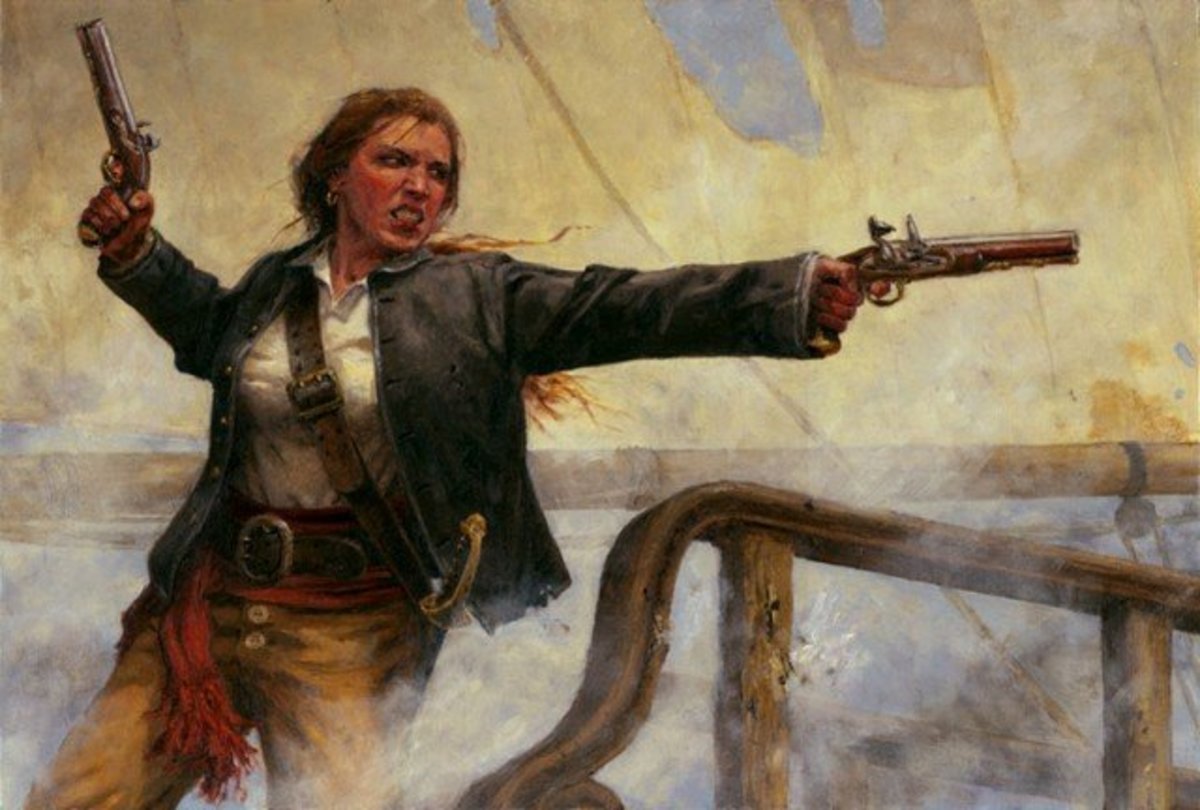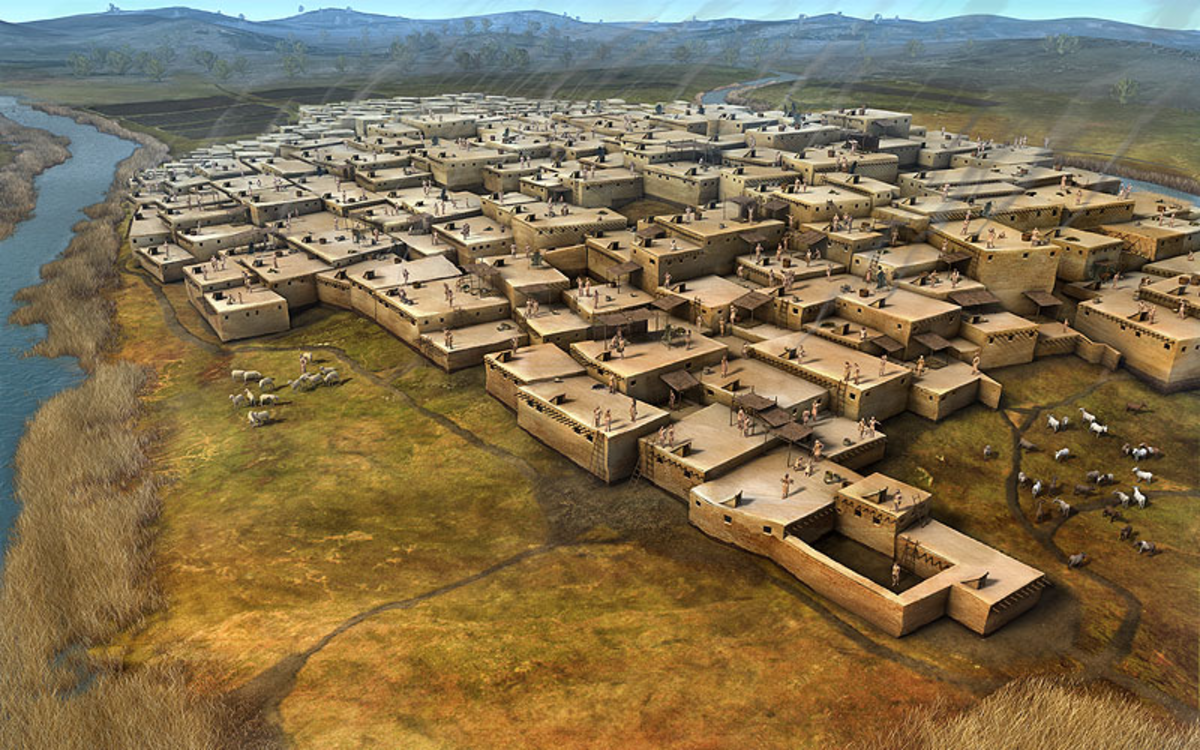ASHOKA AND CONSTANTINE: PROMOTERS OF TWO WORLD RELIGIONS
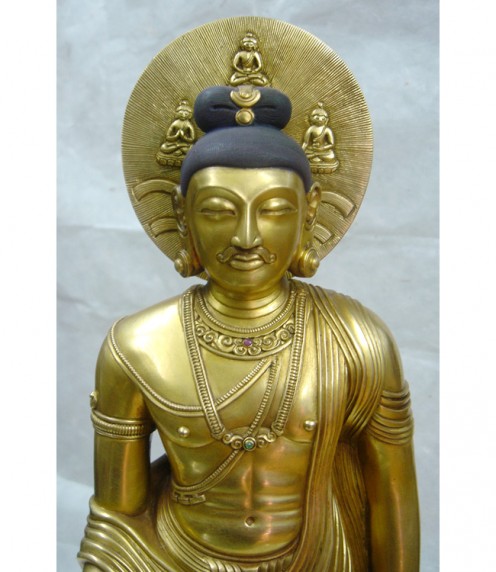
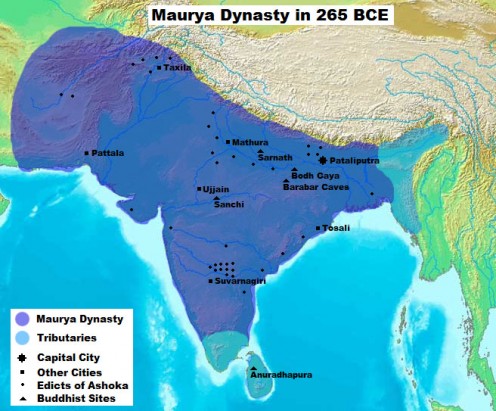
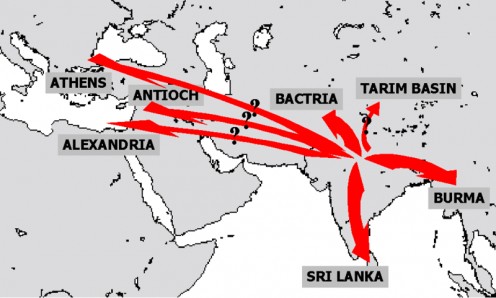
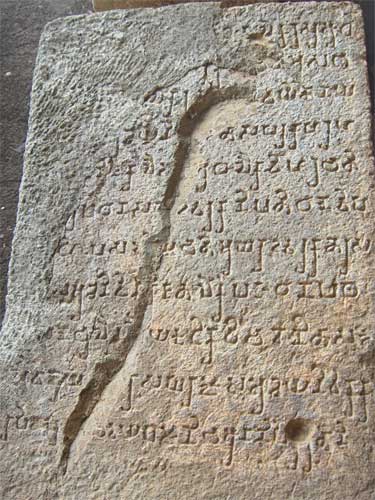
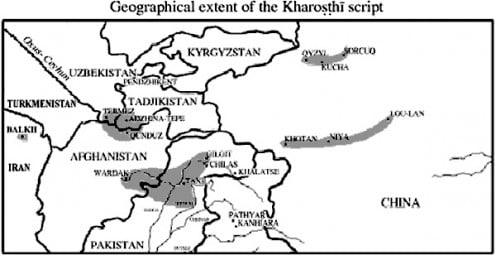
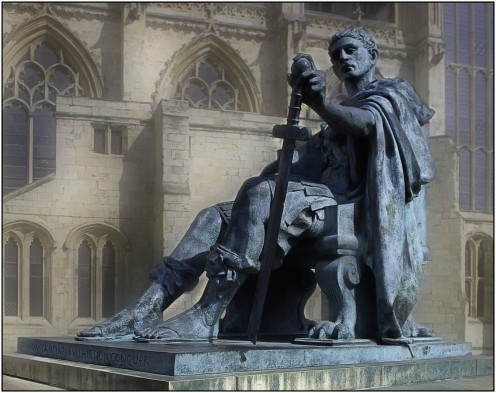
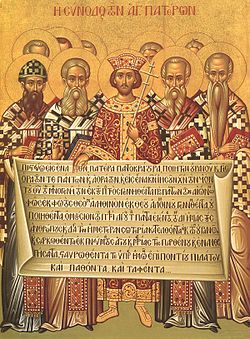
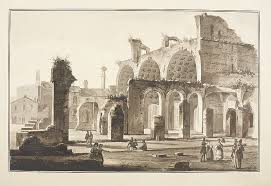
They were Emperors who carved out not only vast empires, but also laid the foundations of two great religions. Though separated by time and space, there were many similarities in their lives. Both of them fought brutal wars, both experienced spiritual enlightenment in the battlefield; both were converts to nascent religions and laid the foundations for its growth.
EMPEROR ASHOKA (304-232 BCE)
Emperor Ashoka of the Mauryan dynasty was the grandson of Chandra Gupta Maurya, the founder of the founder of the first great Empire in South Asia. His father Bindusara had expanded the frontiers of the empire both in the north and South of India. When Ashoka ascended the throne only Kalinga in the East remained unvanquished.
ASHOKA’S CONVERSION
Kalinga was the much sought because it controlled the trade to South India by both land and sea. Emperor Ashoka therefore decided to invade the unrelenting adversary. In an unusually brutal battle he subjugated the kingdom, and as the Emperor stood watching the ravages of war and the gory spectacle of the dead and dying, a Buddhist monk was supposed to have asked if this was indeed a real victory. Realizing the gravity of his mistake the penitent King wanted to make amends. He was supposed to have embraced Buddhism and made it the state religion. Some scholars hold the view that Emperor Ashoka’s conversion was not an overnight one. As Buddhism was fast becoming popular among his subjects, Ashoka found it convenient to take such a decision. . Asoka’s empire extended from the rugged mountains of Afghanistan in the north to the Deccan Plateau in the South. He earnestly went about propagating Buddha’s teaching both within his empire and outside it. In this vast domain he propagated Buddhism through his rock edicts and missionaries. In the north western part of India he made use of the local KAROSTHI script while in other parts he made use of BRAHMI script.
THIRD BUDDHIST COUNCIL
Ashoka’s other great contribution was laying the foundation of the Buddhist church. This was the direct outcome of the Third Buddhist council of 250 BCE held in Pataliputra (modern Patna). This council is noteworthy because this was the last and final attempt by the sectarian THERAVADA school of Buddhism in putting down dissidents. Though this was met with temporary success, later this resulted in a split. The orthodox branch of Buddhism THERAVADA was called the Little Vehicle and the liberal branch MAHAYANA the Greater vehicle. It was in this council that decision was also taken to send missionaries to different parts of the world. There are however scholars who hold the view that as Ashoka’s edicts are silent about the holding of the council, it may not have taken place during his time. But it is an undisputed fact that he was very active in sending missionaries to areas as diverse as Athens, Antioch, Burma and Sri Lanka.
EMPEROR CONSTANTINE (280 -337 CE)
Like Emperor Ashoka, Emperor Constantine ruled over a vast domain ranging from the British isles to the arid deserts of the Middle East. He was the son of Flavius Valerius Constantius and army officer who was promoted to become the Caesar, or deputy emperor of the Western Roman Empire. Constantine was a brave soldier and a shrewd commander. So when his father died, his troops made him their emperor.
CONVERSION TO CHRISTIANITY
The historian Eusebius reveals how Constantine in the battlefield saw the vision of the cross in the sky with the legend ‘by this conquer’. Following a series of successful battles, he staunchly believed that his success was do the ‘inspiration of divinity’ in the form of Christ. Constantine then took a decision of great historic importance. He declared Christianity the official religion of the empire. At one stroke he struck at the root of the pagan beliefs of his time. This was a shrewd move, because by then Christianity had become popular with the poor and dispossessed. Most of Constantine’s soldiers were Christians and they were very much motivated by Constantine’s decision. His devotion to the newly adopted religion was so great that, he decided to undo some of the wrongs done to Christians by his predecessors by his Edict of Milan which proclaimed the permanent establishment of religious toleration for Christians and the return of lands confiscated from them. To show his commitment Constantine donated imperial property for the building of Basilica Constantiniana in 313 CE. He also donated lavishly for the building of churches in all parts of the empire.
COUNCIL OF NICAEA
Constantine is however be remembered for another great contribution. He did for Christianity what Emperor Ashoka did for Buddhism in the Third Buddhist Council. There many doctrines and gospels of which Arianism was one. Constantine wanted to resolve the ecclesiastical issues plaguing Christianity which he believed was due to ‘excessive leisure and academic contentions’. He therefore convened the Council of Nicaea in 325 CE which coincided with the 20th anniversary of the rein of Constantine. This codification resulted in declaring many of the early Christian doctrines and Gospels which did not toe the official version as heretical. Over the centuries most of these early Christian writings were lost, though a few a were discovered in the desert of Nag Hammadi. Without Emperor Constantine’s intervention, Christianity would have been very different today.
In retrospect both Emperor Ashoka and Constantine were monarchs whose decision moulded two great world religions which continue to influence billions of people around the world.

